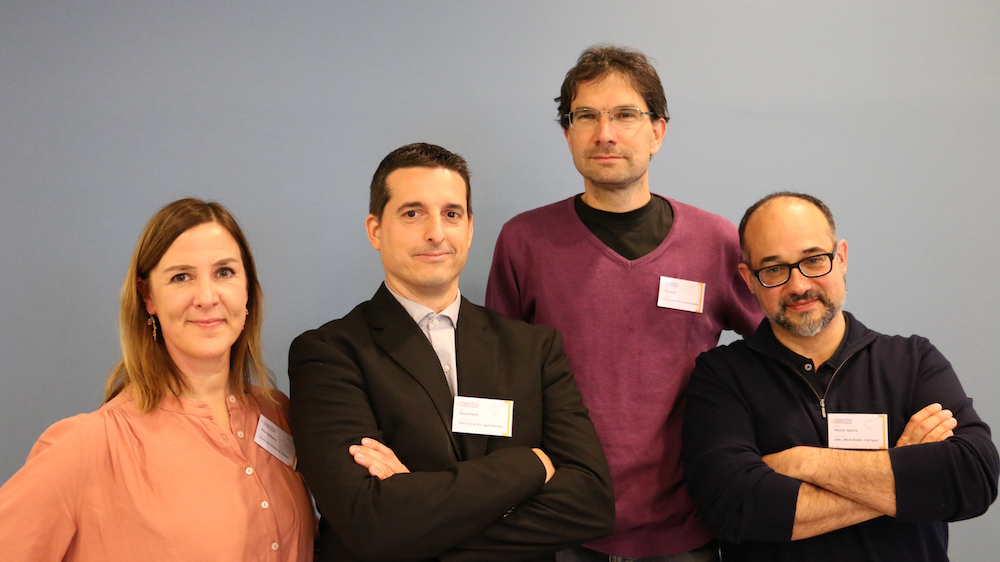Key driver of genetic diversity
Polyploidization, the process where an organism acquires more than two complete sets of chromosomes, is a key driver for genetic diversity. This error in cell division can represent the first step before adaptation during periods of environmental change. However, the consequences of polyploidization on the genome, proteome, metabolome, and their interactions with the adaptive phenotype are poorly understood, and require interdisciplinary approaches and research collaboration.
To address these questions, the PloidYeast research project organized a symposium that brought together experts from various disciplines. The talks covered topics ranging from polyploidization, hybridization, integration of omics data to applications of machine learning.
The PloidYeast Project
PloidYeast is an NFR-funded research project at the University of Oslo, funded by the Norwegian Research Council. The research project is conducted at the FunGIALab (Laboratory for Fungal Genomics and Industrial Applications) at the Department of Biosciences, University of Oslo.
One of the main goals of this project is to understand the adaptation mechanisms of yeast following a polyploidization event. To study this process, researchers are using adaptive laboratory evolution, and during the project's lifespan will produce various omics datasets (genomics, transcriptomics, proteomics, metabolomics, and growth kinetics), which require an interdisciplinary approach to get insights about the process. Polyploidization in yeasts is a mechanism that can be very useful for producing new strains with direct applications in the production of sustainable and healthy foods and fortify a circular bioeconomy around the food industry.
PloidYeast organized this symposium to discuss various research questions, such as how yeast will serve as a model for other non-yeast organisms. And to take a closer look at the different tools for setting up experiments, to produce high-quality and useful data and how to analyze them. And not least to explore limitations and opportunities in the field.
Exciting Lectures
David Peris, from IATA-CSIC and the University of Oslo, is an expert in comparative genomics in yeast and opened the symposium. David Peris is the organizer and project leader for the PloidYeast project.
Most of the speakers are collaboration partners in the RCN project PloidYeast. After David Peris' presentation, Filip Kolář, from Charles University in Prague (Czech Republic), talked about polyploidization in plant species. Then, Rike Stelkens, from Stockholm University (Sweden), showed the fitness consequences after adaptive laboratory experiments with interspecies yeast hybrids under various conditions.
Ana Conesa, from I2SysBio-CSIC (Spain), presented virtually various tools for integrative omics. Finally, Héctor García, from Lawrence Berkeley National Laboratory (USA), introduced the necessity for automation of processes and data required to apply machine learning effectively. These new methodologies are helping to increase the production yield of value-added compounds derived from coproducts of the food industry.
Supported by several initiatives
The event took place at Blindern on Friday, April 26, and was an exciting opportunity for researchers and other interested parties to delve into the phenomenon of polyploidization, which has been central in the development of many plants, animals, fungi, and other eukaryotic organisms.
The symposium received support from UiO:Life Science and UiO:Energy and Environment.
